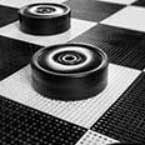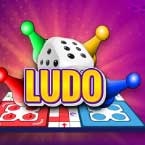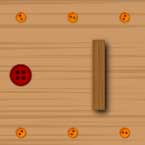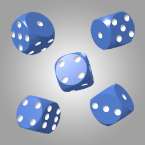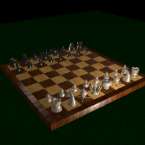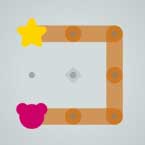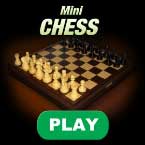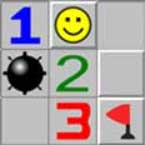Play Best Board Games Online
A board game is a game in which counters or money are placed, removed or played according to certain rules on a pre-marked surface or 'Board'. The game is based entirely on strategy, chance, or a combination of both, and is usually based on a goal that player wants to achieve. Earlier board games represented a war between two armies, and current board games are also based on winning or accumulating points (as often expressed in money games) from rival players' counters.
Representing real life events, these games may not have an underlying theme, such as checkers, or may have a specific theme and descriptive theme, such as cluedo. The rules of these games are very simple, ranging from tic-tac-toe to games that detail the universe in detail, such as Dungeons & Dragons. However, most of these are role-playing games and the board plays a secondary role in the game, helping to visualize the scenario.
The time taken to learn the game or become proficient in that game may vary from game to game. The learning time does not necessarily match the absolute time or the complexity of the rules; Some games, such as chess and Go, have simple rules but can still create complex situations.
Game Psychology
There has often been unbiased scientific research on the psychology of older board games (such as chess, Go, Mancala), while less has been done on contemporary games such as Monopoly, Scrabble, and Risk. More and more research has been done on chess in many parts, as tournament players have been publicly included in national and international lists, which helps them to compare their level of expertise in an hierarchical manner.
The works of Adrien de Groot, William Chase and Herbert Simon have brought to the fore the fact that knowledge is more important than prediction in the game of chess. This has also been observed in traditional games such as Go and Oware, but data regarding contemporary board games is lacking.
Luck, Strategy and Diplomacy
One way to classify board games is to separate games based solely on luck from those based primarily on strategy. Just as a game of chess is almost entirely deterministic (in which the person making the first move has a slight advantage), who can rely on strategy in their own interest.
Children's games, on the other hand, are based on luck, such as Candy Land and Snakes and Ladders, with no decisions to be made.
Most board games involve both luck and strategy. In Risk or Monopoly, a player can lose with a few bad dice, but after several games with a better strategy the player can often win. While some purists do not consider luck to be a desirable component of the game, others believe that elements of a desirable component can lead to diverse and multilateral strategies such as expected value and risk management being given prominence.


